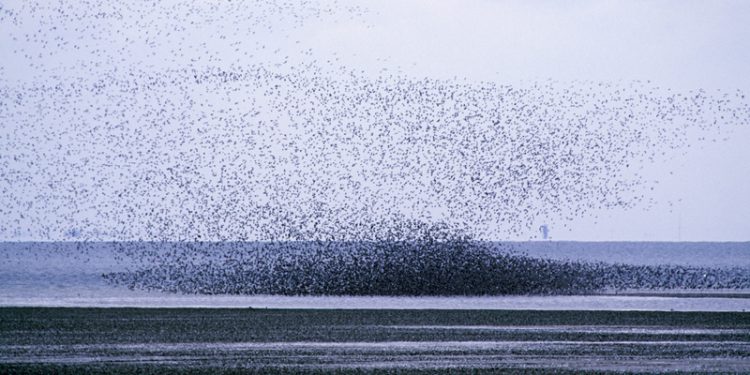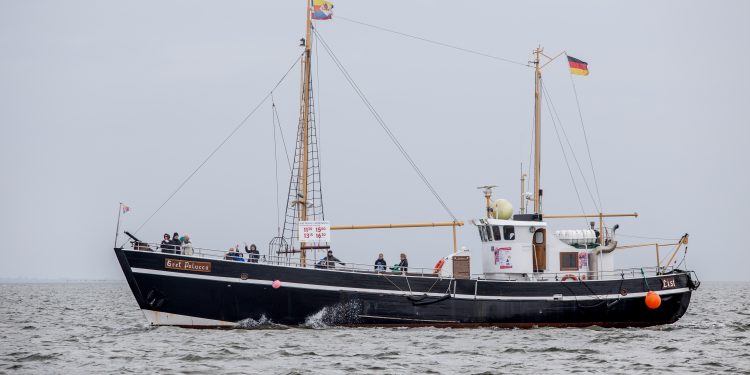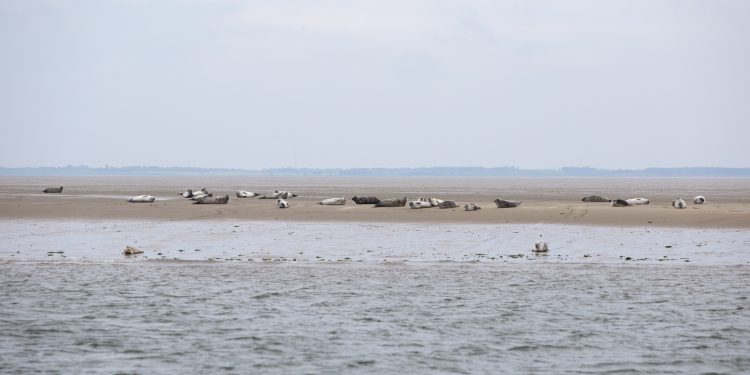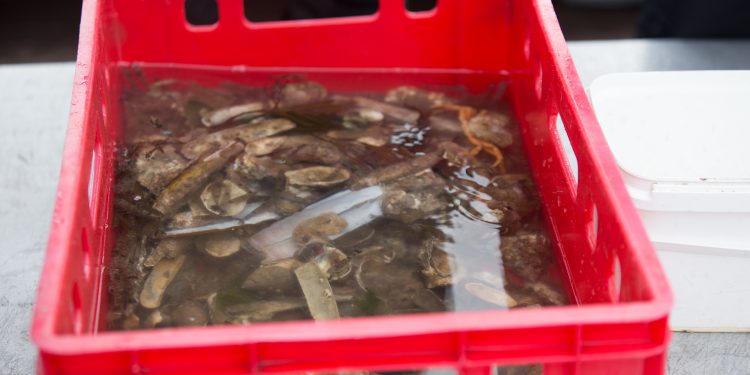Sea, Marshes, Seals, Oysters and much more in the Danish Wadden Sea
In South Jutland you will find the Danish part of the Wadden Sea at National Park Vadehavet, a UNESCO World Heritage site. Check out the famous Black Sun, enjoy watching harbour seals enjoying the autumn sun, or pick oysters from the beach for your dinner.
The article continues below.
By Bente D.Knudsen Pictures: Bert Wiklund/Visitdenmark, Sort Safari, Private
Sønderjylland stretches from the towns of Esbjerg, on the North Atlantic Coast, Kolding in the East, close to Lillebælt, down to the border with Germany, next to the towns of Tønder and Padborg.
The location has always been strategically important and the areas have changed hands countless times.
The latest being in 1920 after World War I, when the people were asked to vote to be part of either Denmark or Germany.
The election meant that the island of Sylt, next to Rømø, became German, and interestingly, it has maintained and expanded its reputation as a jet-set hub attracting mainly wealthy Germans all year round.
Neighbouring Rømø is a more down to earth destination with affordable summerhouses and camping sites. In contrast, Sylt has five-star hotels, spas and Michelin starred restaurants.
The article continues below.
Vadehavet
The Danish Wadden Sea, Vadehavet, was given the status of National Park in 2010 and is the largest in Denmark. However, the whole marshland landscape stretches from the Danish coast through Germany to Den Helder in The Netherlands.
Twice a year, nearly 12 million migratory birds pass through Denmark’s Wadden Sea, where also the largest population of harbour seals in Denmark live. Here they enjoy the sea banks regularly exposed by the effects of the tidal waters.The famous Black Sun
Visiting this area during the coming autumn season is not a bad choice as this is the time of the year, when millions of starlings make their way from the north of Europe down south to spend the winter.
It is an unbelievable and magic sight when they gather at dusk to settle down and rest for the night, apparently all heading for the same “safe” rush beds. 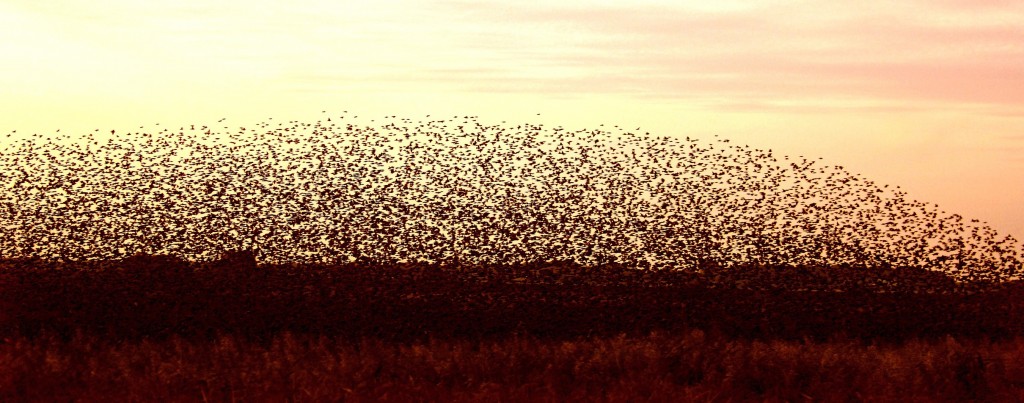
Picture: Sort Safari
It all starts at sundown when the starlings start their descent into the marshes, here they gather in huge flocks, up to half a million strong, and settle on the rush beds for the night.
At times they even block out the sun, hence the term ‘Black Sun’. It is a unique feeling to sit on the border of the marshes in the late afternoon waiting for the sun to set and watch as the birds start arriving in flocks of varying sizes.
They join forces just before they settle down. People converge from near and far to watch them, waiting particularly for the moment when birds of prey attack the flock – making it dance in the sky – as the starlings try to escape their predator and the “black sun” moves in a perfectly coordinated way up and down in the sky.
The event can be enjoyed with children – not younger ones – as there is some waiting time, where you sit in the marshes and wait for the starlings to arrive.
Remember warm clothes and rubber boots. You can book a black sun safari tour if you want to avoid searching for the best places – try for instance the small agency in Tønder, Sort Safari.
The article continues below
Seal Safari
Another unusual but really enjoyable activity for adults and children alike is taking a seal safari either on foot or by boat.
A number of guided seal tours are organised by both Sort Safari and also the Wadden Sea Centre ( Vadehavscentret).
The Wadden Sea Centre is a publicly funded institution, which organises a variety of excursions aimed at teaching and informing about the unique nature and habitat of the marshlands. Recently renovated and extended – check out vadehavscentret.dk
Support our magazine with a contribution of any size
We do not want to put up a pay-wall, so we need your support and if you find our content relevant and worthwhile, we would value any contribution, however big or small, as a token of your appreciation of our efforts.
How to support:
Transfer any contribution to our bank account at: Your Danish Life/ Danish Expat Media Aps
Danske Bank Account number: 3409 11405673
IBAN: DK68 3000 0011 4056 73
or MobilePay to 2144 1224
Message: Support


